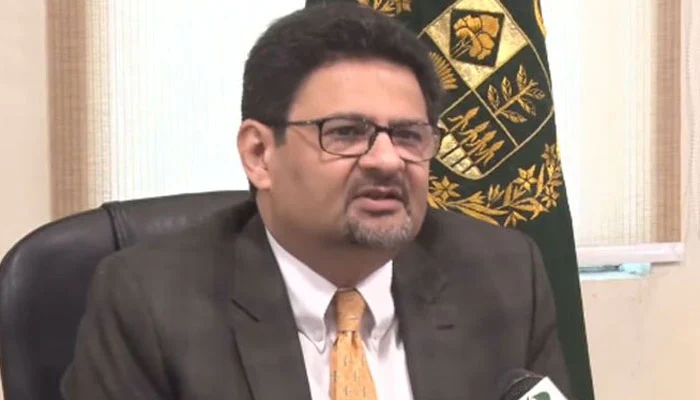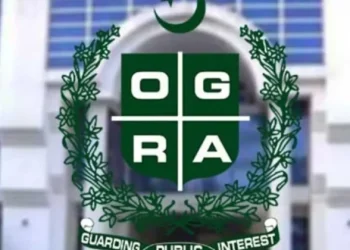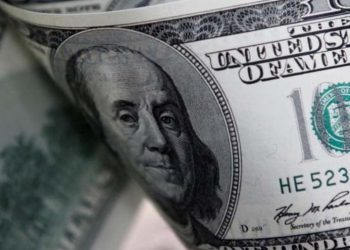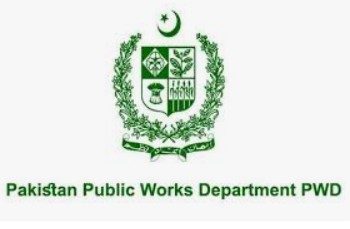KARACHI:Finance Minister Miftah Ismail has said the risk of Pakistan’s default on international payments is fading with every passing day, as tough decisions like increase in energy prices have cut imports and slashed demand for foreign exchange.
“The worst is behind us now…and the good days are back,” he said during his first official visit to Pakistan Stock Exchange (PSX) on Friday.
“We may still face (import payment) pressure over the next couple of weeks.”
The elevated import payments and debt repayments have caused a fast depletion of foreign exchange reserves to the critical level of less than two months of import cover at $8.3 billion. This caused a historically large devaluation of the rupee against the US dollar during July.
These developments raised the possibility of default on international payments.
“I am telling you seriously. We were nearing default when we came to power (in April 2022) and that’s why I went to the IMF within two days after taking charge of the ministry.”
The country had only $10 billion in foreign exchange reserves when the PML-N formed a coalition government in April, while foreign debt repayments amounting to $21 billion were scheduled for the current fiscal year 2022-23, he said.
The IMF executive board is scheduled to meet on August 24 to consider approving its extended $7 billion loan programme for Pakistan and subsequently issue the next tranche of $1.2 billion this month.
Ismail said his government has sought IMF approval to give tax relief worth Rs7 billion to small traders, as the ministry has accepted the traders’ demand to withdraw the recently introduced fixed taxation on their utility bills.
“Finance secretary is to talk to the IMF today (Friday) to discuss the tax break (for small traders). I have promised the IMF to discuss each and every move on tax collection.”He assured bankers that the special tax of 2.5-5% imposed on financial institutions for failing to disburse the assigned amount of credit to the private sector is not being imposed from last year, but from this year.
The government imposed 5% additional tax on those banks whose advance to deposit ratio (ADR) would remain below 40% and 2.5% tax on those whose ADR would stay above 40% but less than 50%.-Agencies


















